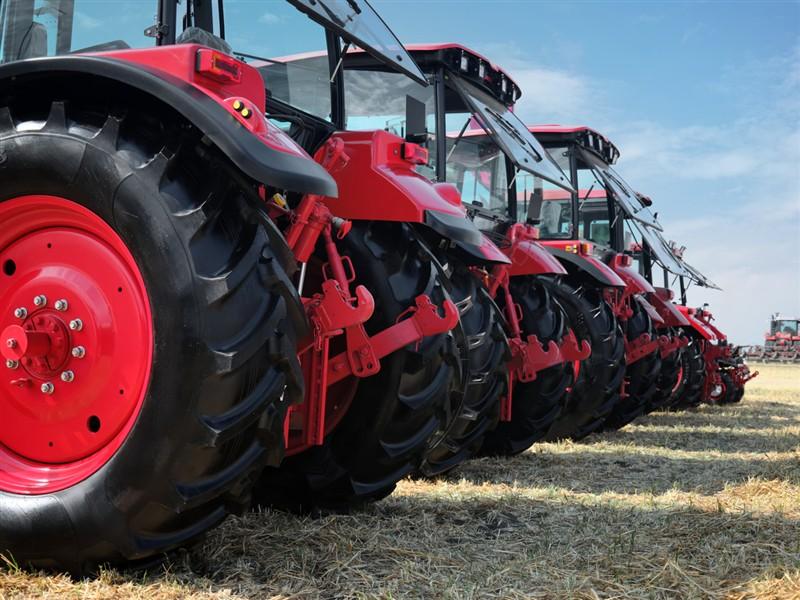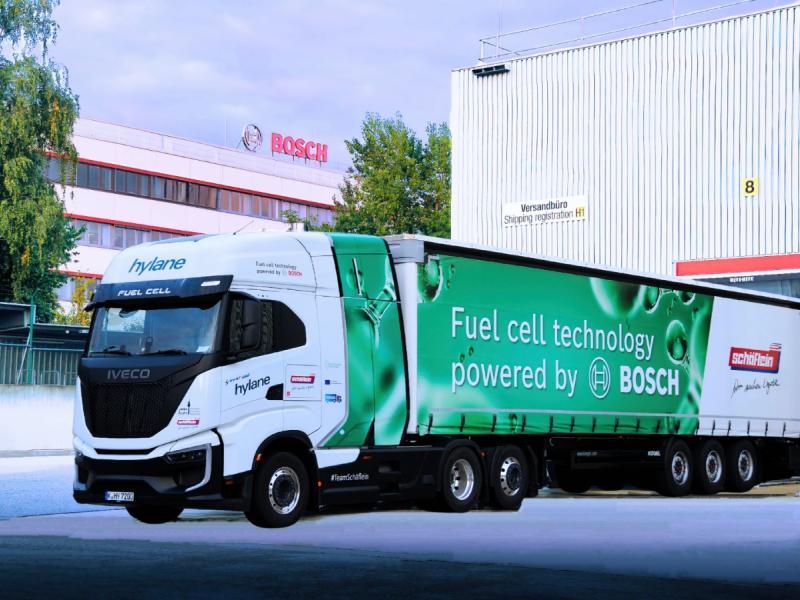A German study suggests that this year as many particulates – soot or sooty smoke – will be produced from cigarette smoking as by automotive emissions.
Such is the rapid pace at which emissions controls, especially in diesel trucks and cars, are developing, that often the emissions from a diesel engine contains fewer particulates than the air that the engine takes in.
And it’s not necessarily the exhaust which is producing these particulates – the tyres and brakes also play a part.
“In Bosch’s view, it’s important to base the air quality debate on facts,” says Dr Rolf Bulander, chairman of the Mobility Solutions business sector of Robert Bosch GmbH.
“Diesel engines have never been more important than they are today. This technology is key to achieving fleet CO2 emission targets – in Europe especially, it is indispensable to that goal.”
By 2021, he adds, the average new car in the EU will have an emissions cap of 95g/km of CO2. In other regions too, such as the U.S. and China, vehicles have to become much more economical over the next few years.
Bosch says the potential for the reduction of CO2 emissions of diesel engines can be reduced by as much as 10 percent, while enhanced aerodynamics and less rolling friction could lead to further improvements.
Electrification will give diesel engines another boost – particularly for large and heavy vehicles such as SUVs. Bosch offers numerous solutions here, such as a 48Vt entry-level hybrids that can cut CO2 emissions in real-life driving situations by up to 15 percent.
”Thanks to today’s filters, diesel engines no longer have a problem with particulates,” says Dr Michael Krüger, who heads up diesel technology development at Bosch.
Since Euro 1 was introduced in 1992, vehicle particulate emissions have been reduced by some 97 percent. The latest filters work at better than 95 percent efficiency, and can efficiently filter out even the smallest of nanoparticles.
Bosch adds that now that carbon dioxide is less of a problem, it is time to turn to real driving emissions in the form of nitrogen oxide.
“In the future, IC engines and especially diesel engines will have to be clean – even during rapid acceleration and at high speeds,” adds Dr. Bulander.
Measurements have indicated that diesel cars are responsible for some 10 percent of NOx emissions in Germany. Aside from road traffic, other sources include energy generation (27 percent) and private households (11 percent).
But the EU introduced the Euro 3 norm in 2000, and since then, nitrogen oxide emissions from diesel cars have already been cut by 84 percent in the relevant test cycle, while the new Euro 6 standard sets much lower maximum values for vehicle emissions of particulates and nitrogen oxide.
For diesel engines, the old standard stipulated a maximum of 180mg/km. As of September 1, this year, diesel engines will be restricted to just 80mg/km, and petrol engines to 60mg/km.
To improve the modern diesel still further, Bosch is drawing on a systems approach that combines internal combustion with exhaust-gas treatment. One of the vital technologies in this regard is Denoxtronic (AdBlue), which can reduce nitrogen oxides by up to 95 percent in real driving situations. In this way, the limit can also be achieved in a number of real driving situations, and on some journeys, emissions may be even lower than this limit.





